Search
Search within Health
634 results found
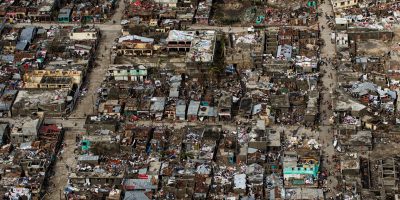
Background Reports
Excess Mortality in Refugees, Internally Displaced Persons and Resident Populations in Complex Humanitarian Emergencies (1998–2012) – Insights from Operational Data
Complex humanitarian emergencies are characterised by a break-down of health systems. All-cause mortality increases and non-violent excess deaths (predominantly due to infectious diseases) have been shown to outnumber violent deaths even in exceptionally brutal conflicts. However, affected populations are very…
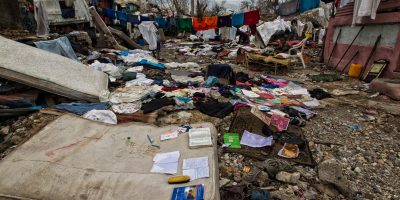
Foresight Papers
Poverty & Death: Disaster Mortality
The period 1996 to 2015 saw 7,056 disasters recorded worldwide by EM-DAT, the Emergency Events Database. The frequency of geophysical disasters (primarily earthquakes,including tsunamis, and volcanic eruptions) remained broadly constant throughout this period but there was a sustained rise in…
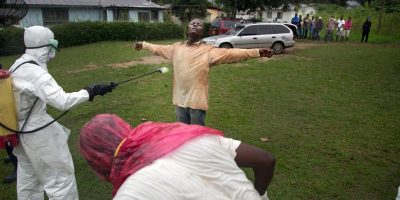
Briefings
Ebola: Limitations of Correcting Misinformation
This comment piece identifies problematic assumptions behind communication and social mobilisation strategies which rely on using biomedicine to correct local logics and concerns and which cast them as misinformation. The effectiveness of using standardised advice for non-standardised situations is questioned.
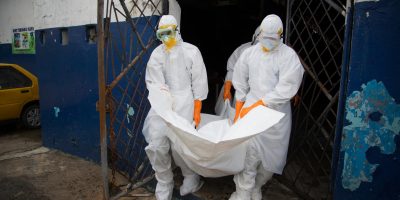
Evidence Reviews
The Opposite of Denial: Social Learning at the Onset of the Ebola Emergency in Liberia
This working paper reports on a study to identify the pace of Ebola-related social learning in urban and peri-urban areas around Monrovia, Liberia during August 2014, at the onset of the emergency phase of the epidemic. The research demonstrates how…
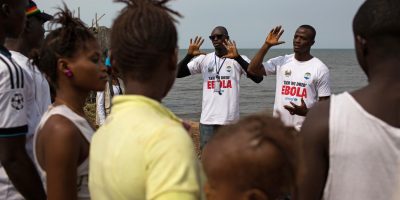
Evidence Reviews
Community-Centered Responses to Ebola in Urban Liberia: The View from Below
This working paper reports on a study to identify epidemic control priorities among 15 communities in Monrovia and Montserrado County, Liberia. Data were collected in September 2014 on the following topics: prevention, surveillance, care-giving, community-based treatment and support, networking/hotlines/calling response…
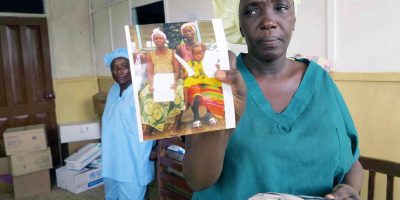
Evidence Reviews
Stigma and Ebola: An Anthropological Approach to Understanding and Addressing Stigma Operationally in the Ebola Response
‘Stigma’ is an umbrella term for the direct and indirect consequences of a number of processes that brand someone as different in ways that result in discrimination, loss of status and social exclusion. It can be short-term or evolve into…
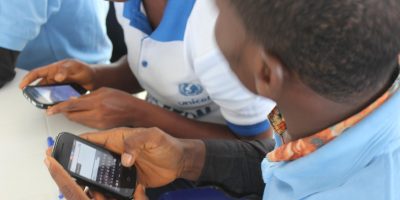
Evidence Reviews
Communication with Rebellious Communities during an Outbreak of Ebola Virus Disease in Guinea: An Anthropological Approach
This paper by Anoko J. N., reports on the success of a communication programme among 26 rebellious villages in Forest Guinea during fieldwork in June-July 2014.
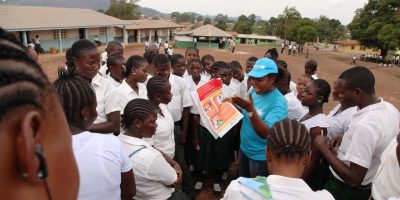
Evidence Reviews
Village Responses to Ebola Virus Disease and its Prevention
The present document is the eighth and final report in a series presenting descriptive results of a survey of responses to Ebola and Ebola control in 26 villages in all three provinces of rural Sierra Leone, fieldwork for which was…
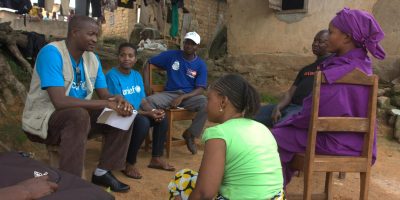
Evidence Reviews
Community Perceptions of Ebola Response Efforts in Liberia: Montserrado and Nimba Counties
This study aimed to support Oxfam’s Public Health Promotion (PHP) strategy through a rapid qualitative assessment of the remaining social barriers to compliance with Ebola prevention and treatment messages. At the time of the study, most Liberians had a high…
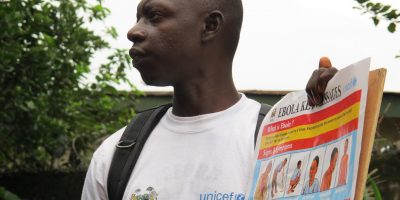
Briefings
Ebola Can Be Transmitted Sexually for Weeks After Recovery – Education is Crucial
Conflicting messages on the length of time that Ebola remains in semen after recovery make education and prevention confusing. We need to avoid mixed messages and focus on girls’ rights, says anthropologist Pauline Oosterhoff. When I met members of a…
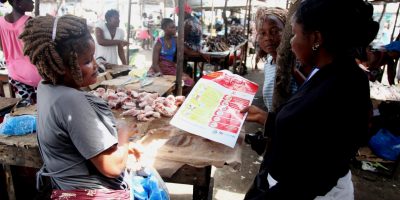
Evidence Reviews
Children’s Ebola Recovery Assessment: Sierra Leone
Nearly half the population of Sierra Leone is under the age of 18 years and the impact of the Ebola crisis on their lives now and on their future opportunities has been far-reaching: no school; loss of family members and…

Briefings
Contextualising Ebola Rumours from a Political, Historical and Social Perspective to Understand People’s Perceptions of Ebola and the Responses to it
This briefing explores how rumours about Ebola in Sierra Leone influences people’s perception and response to Ebola, from the political, historical and social perspectives. Despite the efforts of the World Health Organisation to control the Ebola outbreak, achieving zero cases…


